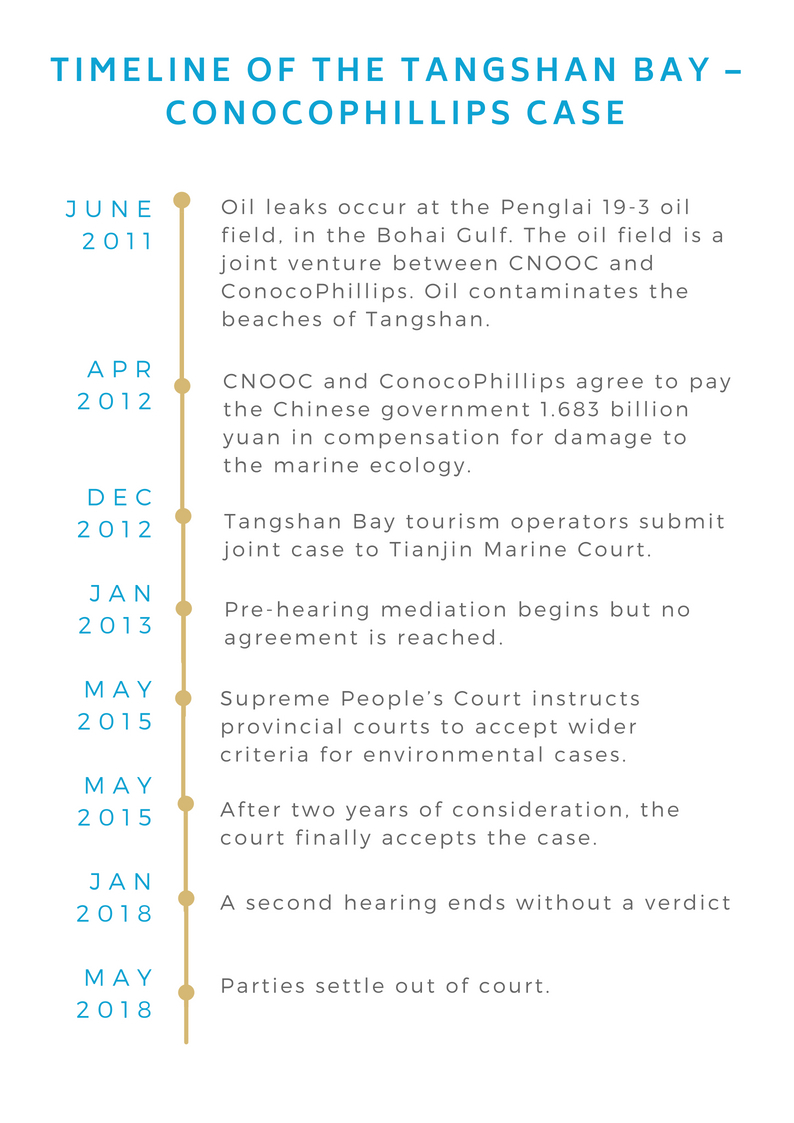Shock and alarm followed the resignation of Associate Justice Anthony Kennedy. He created a vacancy that Donald Trump could fill before the fall mid-term elections that could bring a Democratic Senate majority. Kennedy vaporized liberal illusions that he might hold out precisely to preserve the possibility that a moderate might succeed him after the November mid-term elections.
As he left Kennedy again joined the 5-4 conservative majority this time in Janus v. AFSCME eviscerating the finances of public employee unions, and in Trump v Hawaii approved the President's ban on travel from five Muslim majority countries, with North Korea and Venezuela thrown in to blunt the accusation of religiously motivated discrimination.
Suspicion soon began to mount when the retiring Associate Justice addressed his letter to"My dear Mr. President". Like a vassal seeking leave of his Lord Kennedy displayed a personal familiarity with the President who has waged a relentless attack on the justice system - courts, investigators, and prosecutors. How could the Justice known as an apostle of civility leave a clear path for a lawless vulgarian to replace him with an even more hardline Justice than himself?
Answers began to emerge when the New York Times reported yesterday that the Justice's son Justin as a top banker at Deutsche Bank had approved over one billion dollars of loans to Donald Trump's enterprises. No other major financial institution would lend a dollar to the hotel and casino mogul who had a long history of fiascos and non-payments. We learned thus that the Justice did not share our revulsion at the President's bullying and vulgarity.
Although the United States Supreme Court exempts itself from the Code of Conduct for United States Judges the United States Code 28 USC 1455 (a) provides " Any justice, judge, or magistrate judge of the United States shall disqualify himself in any proceeding in which his impartiality might reasonably be questioned."
Kennedy, often lionized for his defense of the rights of gays and lesbians in Lawrence v. Texas and its progeny - Obergefell v.Hodges, leaves now a legacy that will be recognized more for his exit than for his occasional departures from conventional conservatism.
But the unexpected final news - the familial intimacy with the international hotelier with undisclosed finances - leaves another question. In Trump v. Hawaii should Anthony Kennedy have recused himself because his son's role in financing the now-President's real estate empire is a circumstance in which the Justice's "impartiality might reasonably be questioned"?

